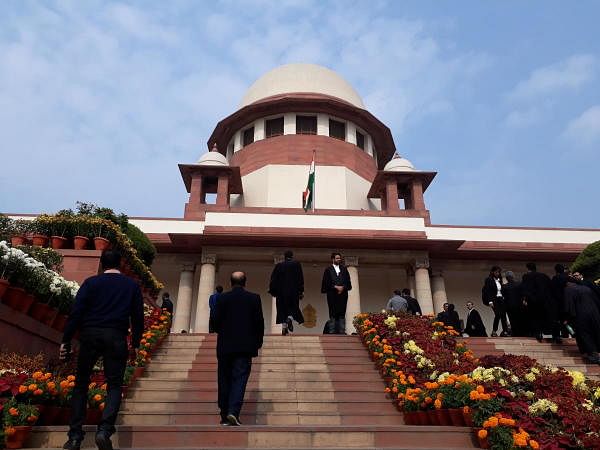
All India Muslim Personal Law Board (AIMPLB ) has moved the Supreme Court to contest a PIL for declaring practices of 'Nikah Halala' and polygamy as unconstitutional.
The organisation of Muslim Ulemas and intellectuals contended that the law was founded on 'Holy Koran' and 'Hadith' and its validity cannot be tested on a challenge based on fundamental rights.
It filed an impleadment application in the petition filed by Delhi BJP leader and advocate Ashwini K Upadhyay.
In its plea, the organisation, registered as a society, also submitted that ordinarily any person other than a member of religious denomination, should not be allowed to question the faith of another religious denomination.
"A member of religious denomination of that particular faith, in the event of violation of fundamental rights, only to the extent of threat to life and liberty, may be permitted to seek protection of the court and determine the issue of faith arising therefrom," it said.
It said that the framers of the Constitution were fully conscious about the difficulties in enforcing the Uniform Civil Code and thus, deliberately refrained from interfering with the provisions of personal law and laid down only a directive principle under Article 44 of the Constitution.
While polygamy allows a Muslim man to have four wives, 'nikah halala' is a process in which a Muslim woman, who wants to re-marry her husband after divorce, has to first marry another person and get a divorce from the second person after consummating the marriage.
In a landmark decision, the apex court had on August 22, 2017 banned the age-old practice of instant 'triple talaq' among Sunni Muslims, after declaring it as unconstitutional. It, however, had left the issue of polygamy and 'Nikah Halala' for consideration before another bench.
